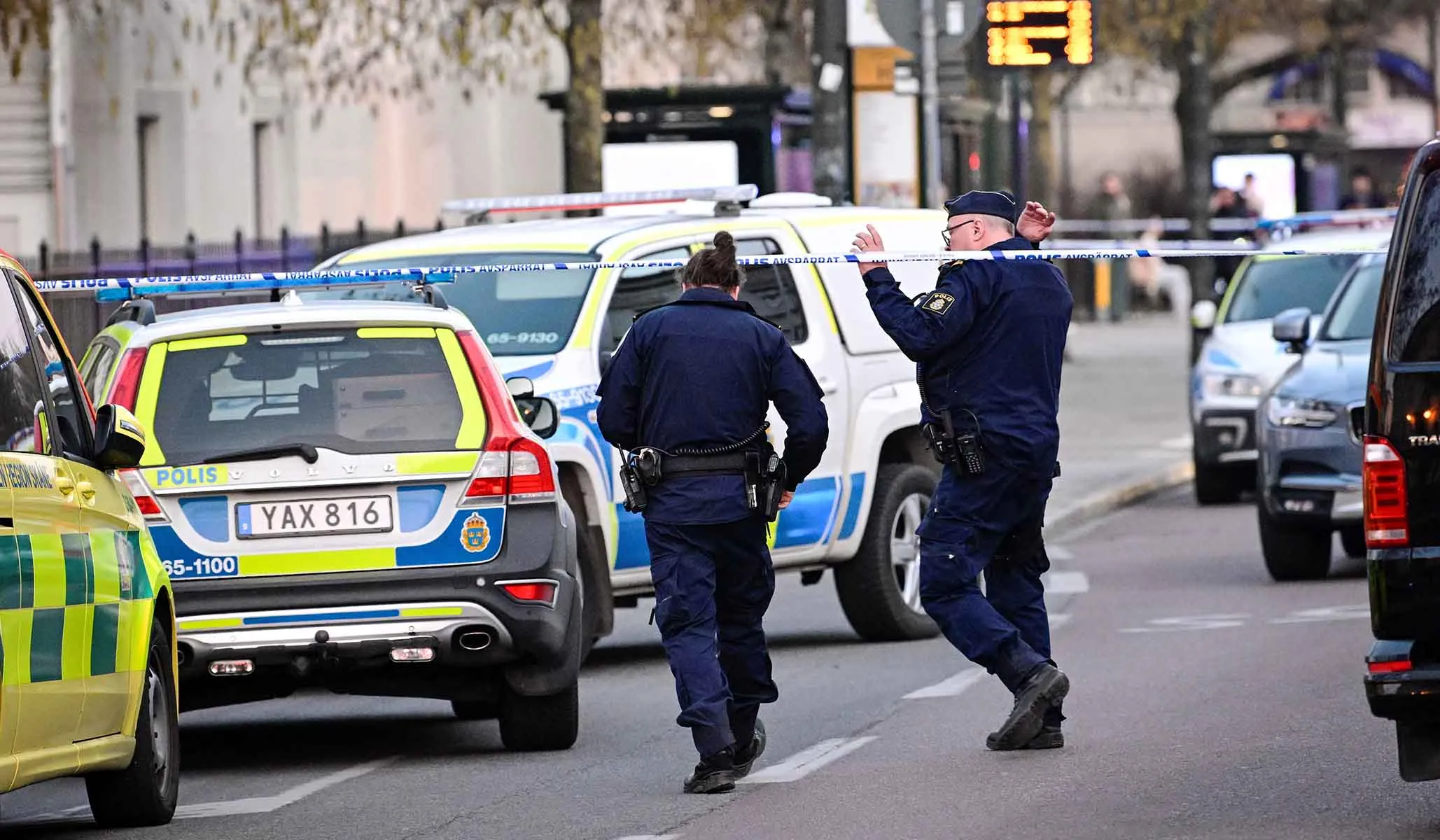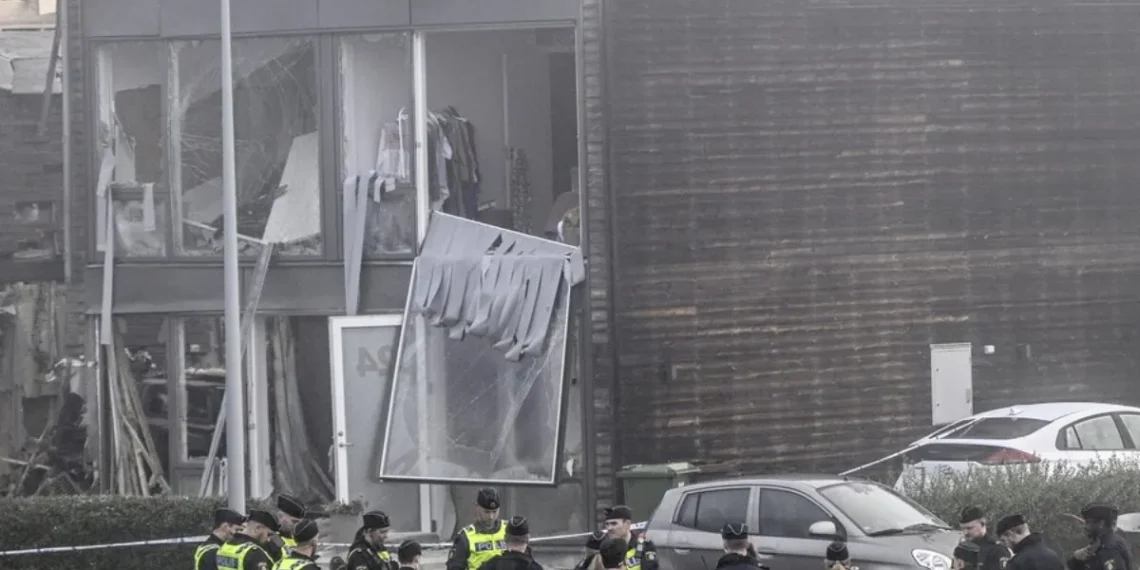In Sweden, law enforcement officials revealed that approximately 62,000 individuals are currently involved with or connected to criminal networks, signaling a persistent challenge in tackling organized crime.
National Police Commissioner Petra Lundh disclosed that 14,000 individuals are actively engaged in such networks, while an additional 48,000 have affiliations with them.
This revelation comes against the backdrop of a stark increase in deadly shootings over the last decade, with Sweden experiencing more than triple the number of such incidents compared to neighboring countries.
Justice Minister Gunnar Strommer highlighted that in 2022 alone, Sweden recorded 62 deadly shootings, reflecting a concerning trend of escalating violence.
While there was a slight decline in deadly shootings in 2023, Sweden still witnessed significantly more incidents compared to Norway, Denmark, and Finland combined. Strommer also noted a surge in explosive-related attacks, reaching unprecedented levels.

Describing the criminal networks, Strommer emphasized their systemic threat, citing their involvement in various illicit activities such as drug trafficking, financial scams targeting the elderly, and infiltration of governmental institutions and political parties.
The severity of the situation was underscored by the events of September 2023, which marked the deadliest month in Sweden since 2019, with 11 recorded deadly shootings. These developments highlight the urgent need for comprehensive strategies to combat organized crime and address its ramifications on Swedish society.
Law enforcement agencies face the formidable task of dismantling criminal networks while safeguarding public safety and restoring community trust.





